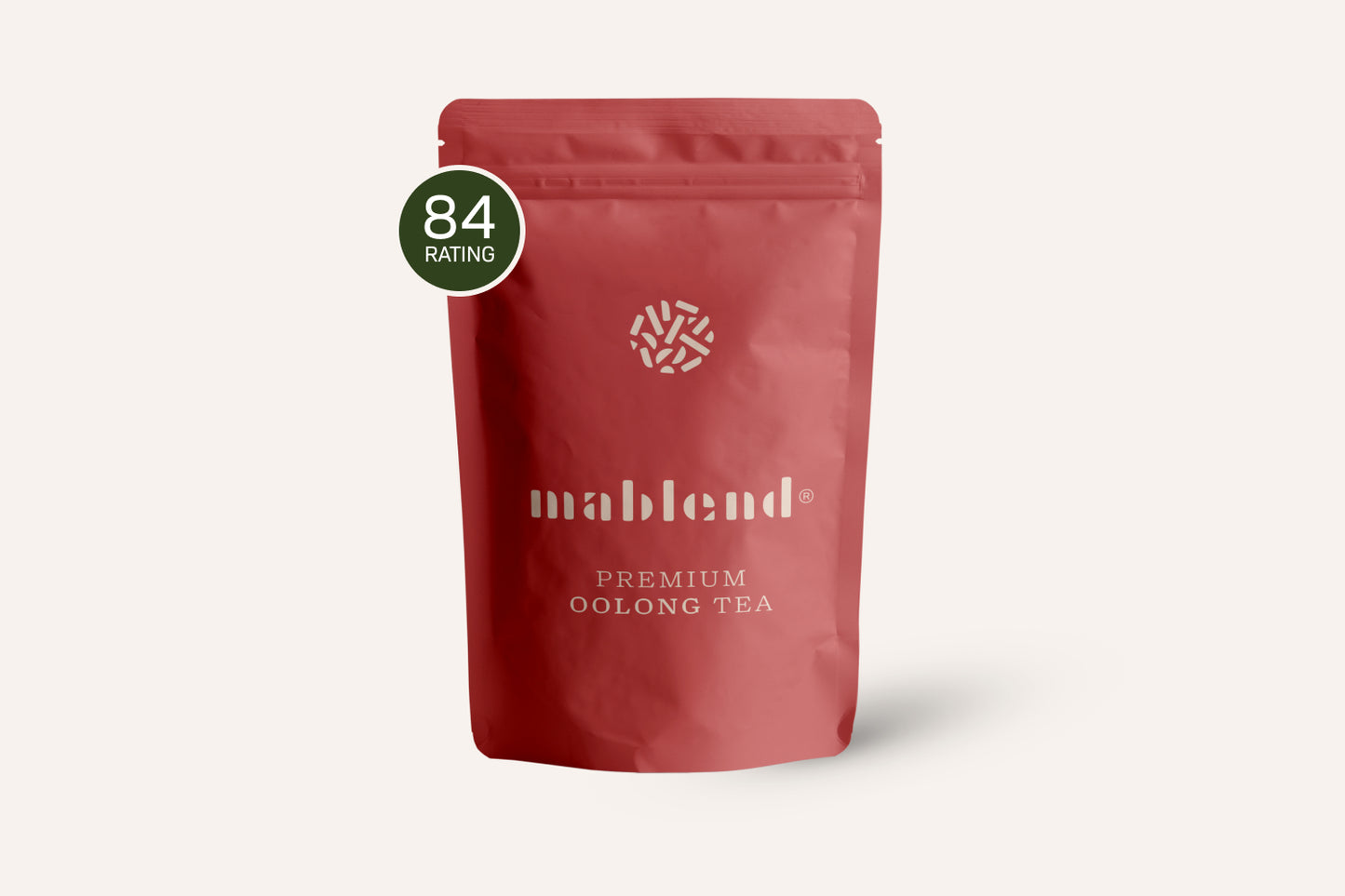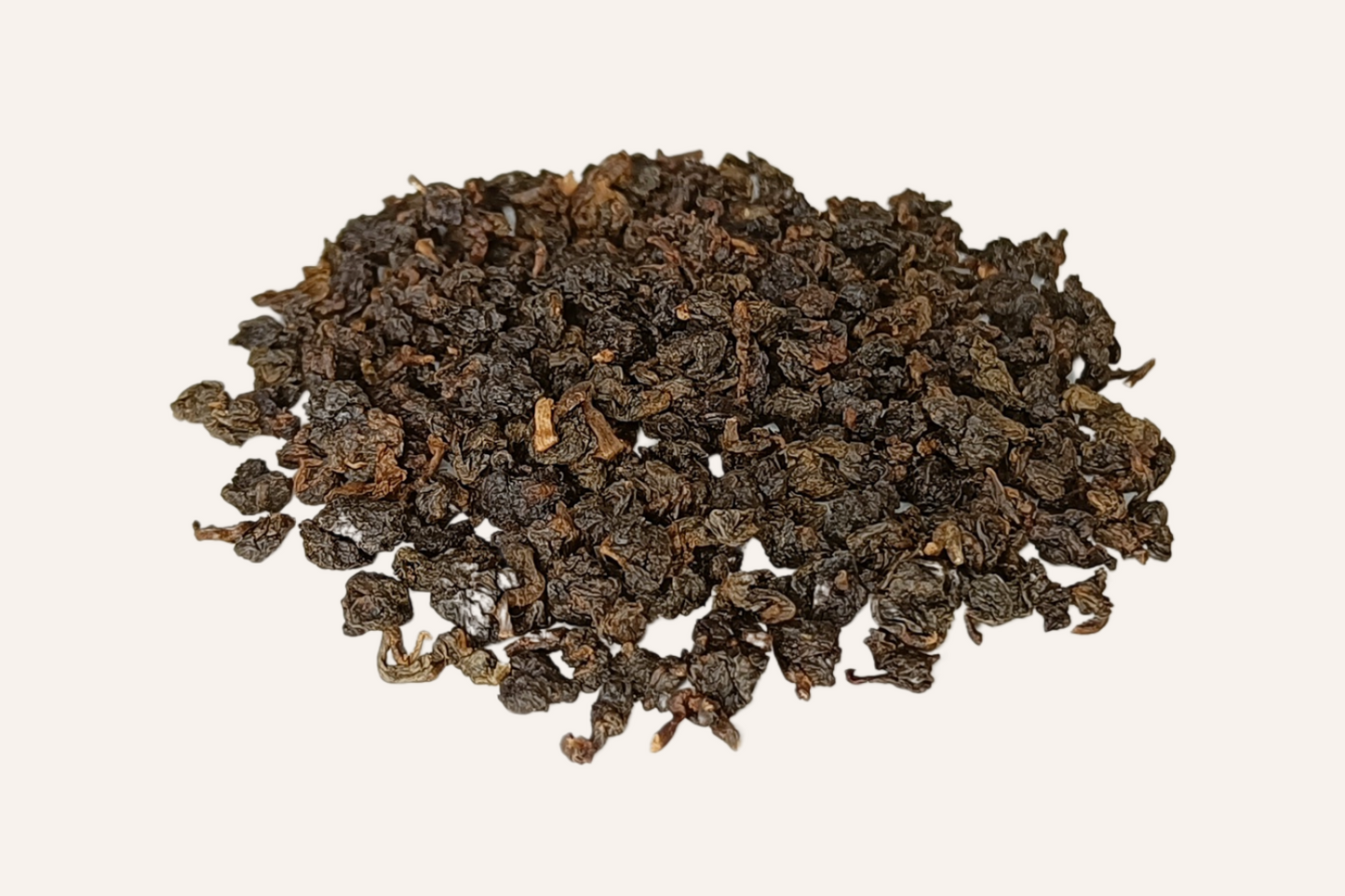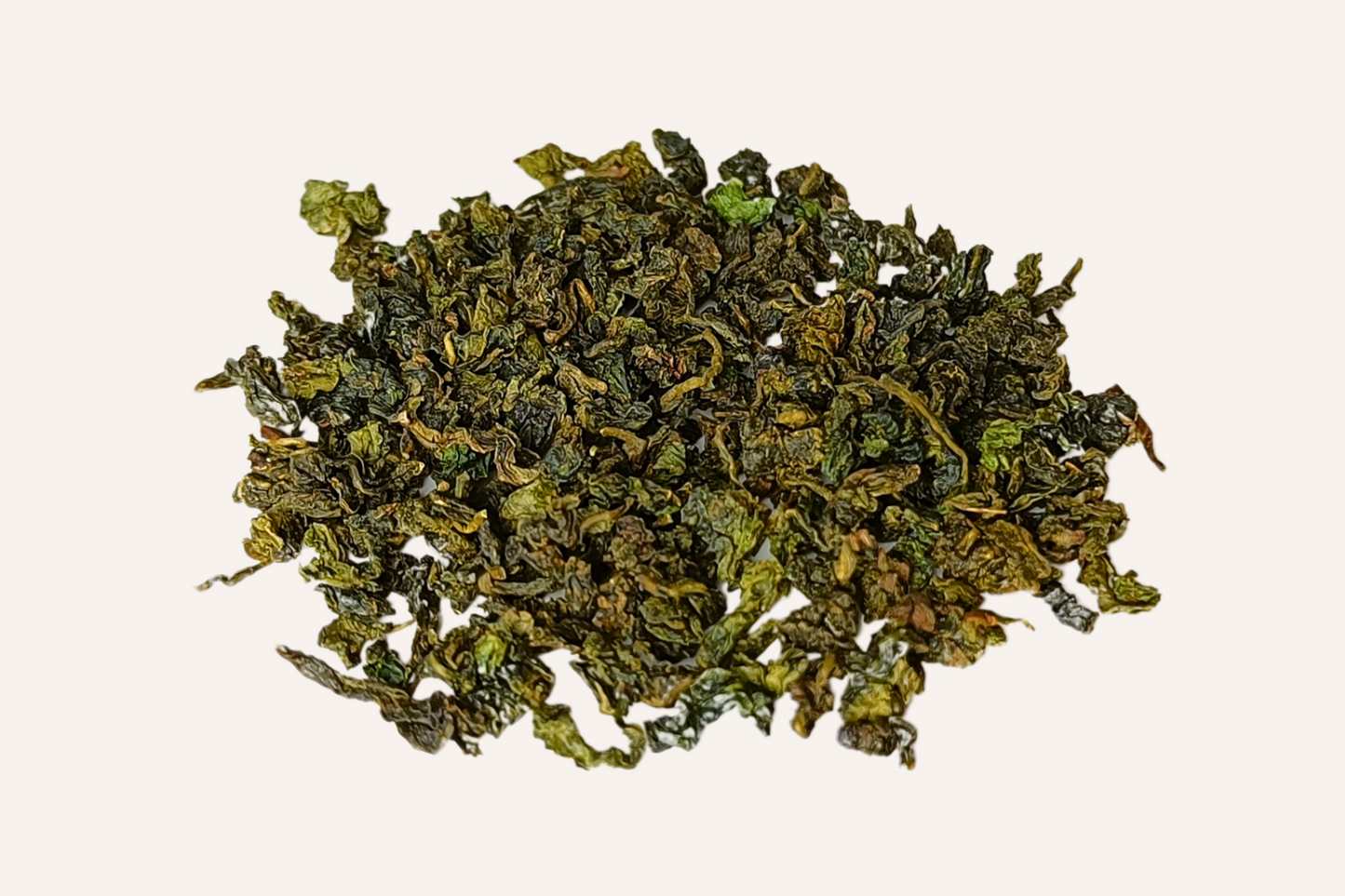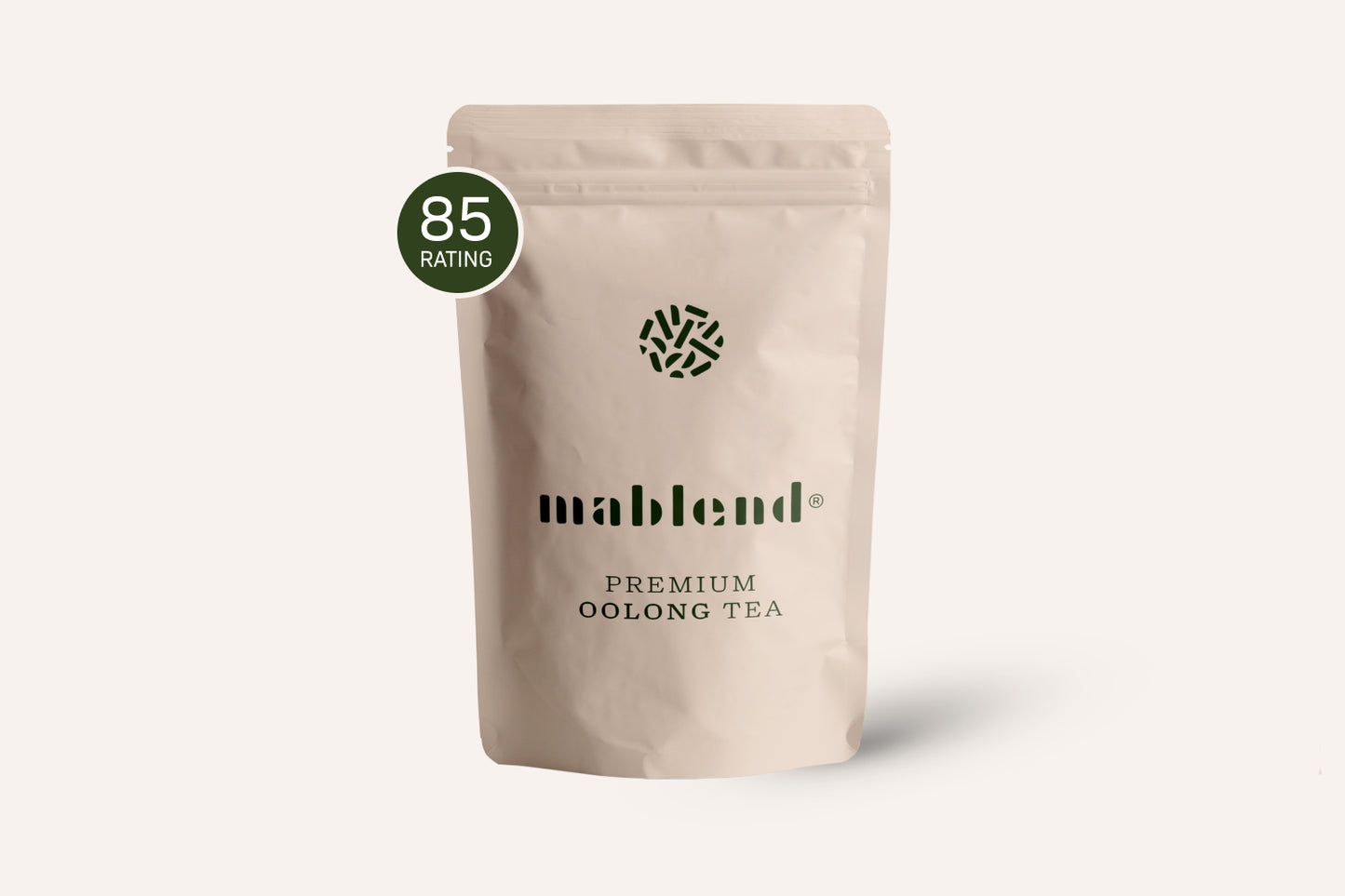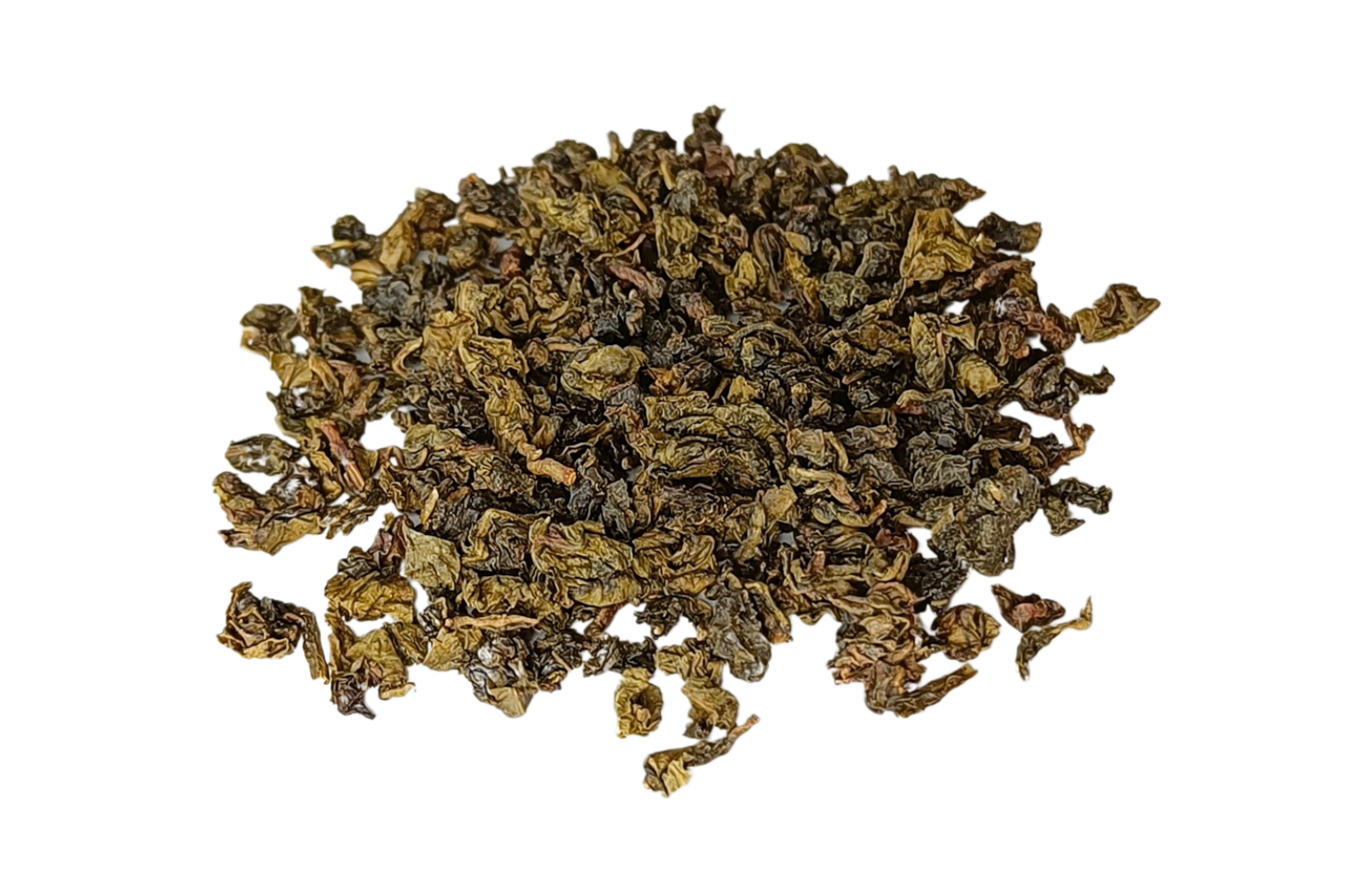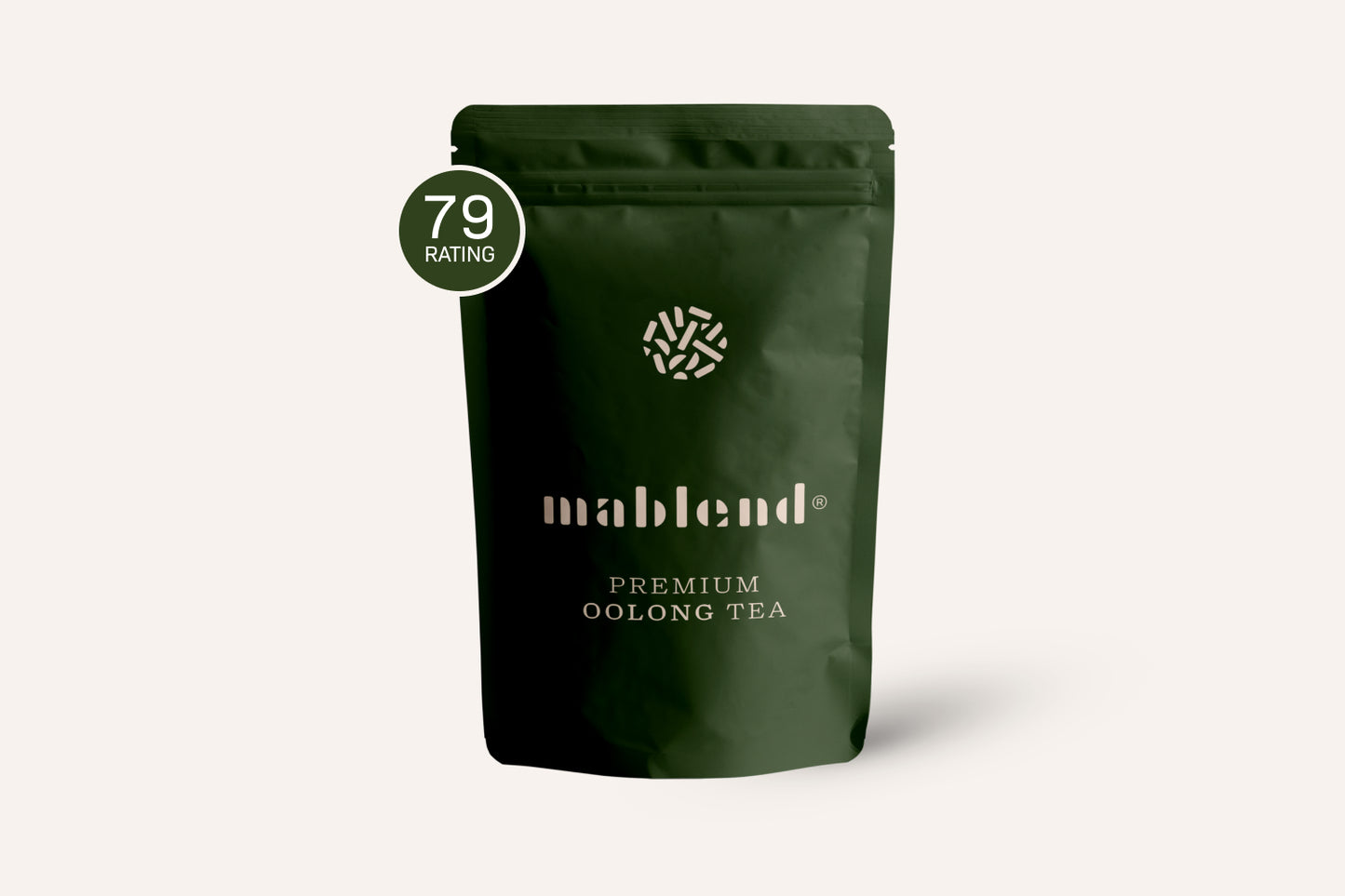Tea is a popular drink that has been consumed for centuries. But a question that often comes up, especially among those who stock large quantities of tea is; Can tea spoil?
Yes, tea can spoil, usually after one to two years, depending on moisture, light and air can affect the quality and taste of the tea, causing it to lose its freshness. 
Shelf Life of Tea
Unlike many foods, tea does not have a strict best before date. In fact, dry tea leaves are very stable and, if stored properly, can last for years without losing their flavour. However, over time the taste of the tea can diminish.
Factors Affecting Shelf Life of Tea
- Humidity: Tea should be stored in a dry place. Moisture can lead to mold growth on the tea leaves.
- Light: Direct sunlight can damage the tea leaves and reduce their flavor. It is best to store tea in a dark container or cupboard.
- Temperature: Extreme temperatures, both hot and cold, can affect the quality of the tea. Store tea in a cool, dry place.
- Odour: Tea can easily absorb odors. Therefore, keep it away from spices, coffee or other strongly scented items.
How do you know if your tea has gone bad?
While it's rare for tea to actually go bad, there are some signs to look out for:
- Mold formation on the tea leaves.
- A musty or unpleasant odor.
- A strange or bitter taste when brewed.
Conclusion
Tea does not spoil quickly, but the quality can decrease over time. However, by properly storing your tea, you can enjoy a delicious cup of tea for a long time. If you have any doubts about the quality of your tea, trust your senses: look, smell and taste before you decide to drink it.

Frequently Asked Questions
How long can I keep my tea after purchase?
We wrote a whole article about that. Read more about this here: Storing loose leaf tea
Can you get sick from old tea?
Old tea is unlikely to make you sick unless it is contaminated with mold or bacteria. However, old tea can lose its taste and aroma. If the tea smells strange or has visible mold, it is better not to consume it.
What is tannic acid?
Tannic acid, also known as tannin, is a naturally occurring polyphenol in tea. It plays an important role in the taste and mouthfeel of the tea, and can contribute to the astringency or "astringent" feeling you sometimes experience when drinking tea. When tea is brewed, the tannins can react with the water and form a thin, oily film on the surface of the tea. This layer is sometimes observed as a thin film or "foam" on the surface, especially in strongly brewed or high tannin teas.

This phenomenon is especially noticeable with certain types of black tea or tea that has been steeped longer, which releases more tannins. It is a natural process and does not affect the safety of the tea. However, some people prefer to steep their tea for a shorter time to minimize the formation of this film, while others don't mind or even appreciate it as part of the tea experience.
Which tea spoils the fastest?
Green and white teas generally spoil more quickly than black or fermented teas such as oolong or pu-erh . This is because they are less oxidized and therefore more sensitive to environmental factors.
